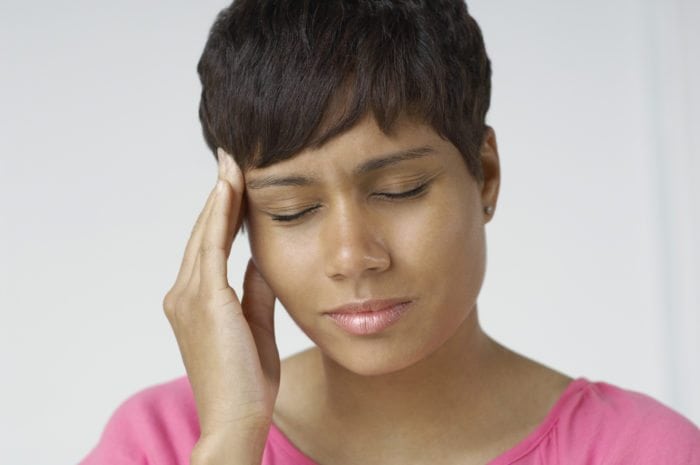Frequent headaches, especially if they occur in the morning, can be a sign of an underlying bite problem or TMJ-related disorder. If the bite is not functioning properly and muscle tension is being created in the jaw joints, common symptoms can include headaches, neck pain, jaw pain, and even ringing in the ears. Headaches can be a sign of underlying dental problems.
Dr. Richard Sousa has extensive experience treating TMJ disorders and all the associated symptoms related to them, such as headaches. He has spent time outside of his dentist office gaining extra training to help him understand TMJ better and how to treat it. Discussing your symptoms or concerns with Dr. Sousa can help him identify the root cause of your problem and work with you to resolve discomfort and improve dental health.
Many people suffer from headaches unrelated to TMJ. If you suffer from additional TMJ symptoms, that is a good indication you may need to schedule an appointment with Dr. Sousa to be evaluated. These additional symptoms include:
- Locked jaw
- Stiff jaw
- Pain or discomfort in the jaw
- Jaw makes popping noises when moved
- Muscle pain in the jaw or face
- Pressure, ringing, or pain in the ear
- Pain when you speak, eat, or yawn
- Neck or shoulder pain
- Dizziness
- Swelling or sharp pain in the face

Treating TMJ Related Headaches
If it is determined that your recurring headaches are related to TMJ dysfunction, Dr. Sousa will thoroughly evaluate your bite to identify where the imbalance is occurring. Common causes can include malocclusion, jaw structure problems, teeth grinding, and even stress. While TMJ dysfunction does not cause migraines, it can lead to migraine headaches in patients who are susceptible to them. For information on how we diagnose and treat TMJ disorders, visit TMJ Treatment.
The first line of treatment and most conservative approach is the use of a mouthguard or nightguard. Custom-fit and much like a sports mouthguard, this oral appliance serves to maintain proper jaw position and prevent teeth clenching and grinding. This reduces tension in the jaw muscles, allowing them to relax and the jaw to settle into a natural position. For many patients, wearing this appliance while sleeping or in times of stress can reduce symptoms such as headaches and the risk of tooth damage.
If teeth appear worn or are already damaged as a result of tension and teeth grinding, Dr. Sousa will recommend appropriate restorative treatments to repair damage and adjust surfaces so the teeth can make proper contact when biting. Treatment options can include tooth bonding, dental crowns, or even orthodontics to realign teeth. The goal of treatment is to establish a stable, comfortable bite that does not stress the jaw joints or place undue pressure on tooth surfaces that can lead to tension and damage.
Schedule A Consultation
If you experience frequent headaches or have concerns about the function of your bite, schedule a consultation with Dr. Sousa in our Roslyn Heights dental office. He has advanced training in the diagnosis and treatment of bite disorders and offers experienced care that is tailored to your needs. Contact us at (516) 253-6873 or request an appointment online today to get started.
